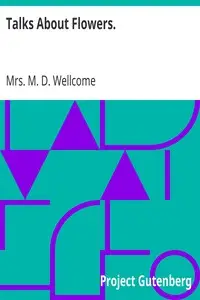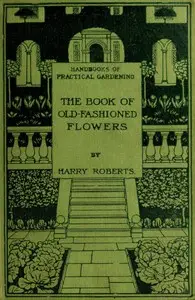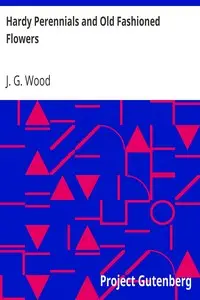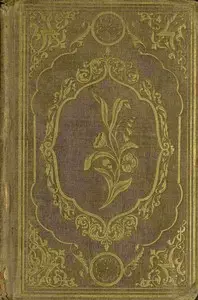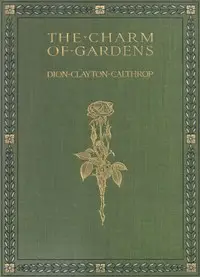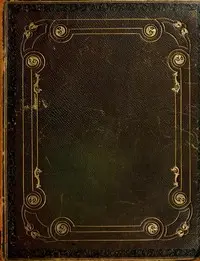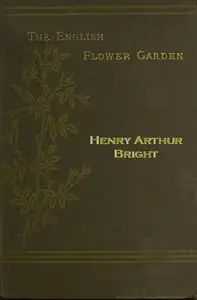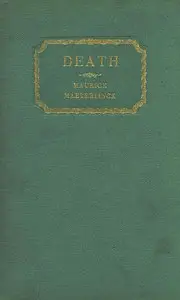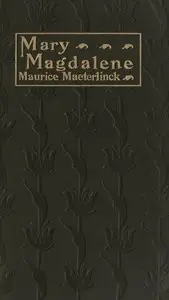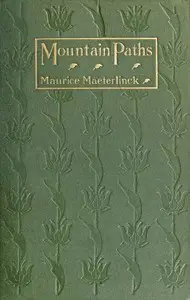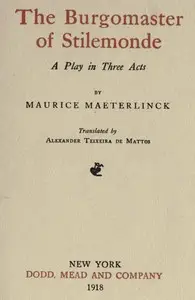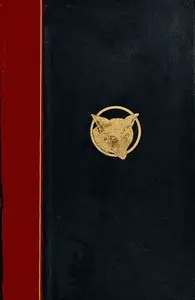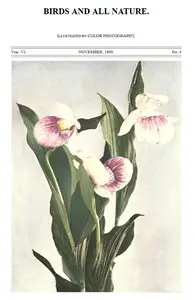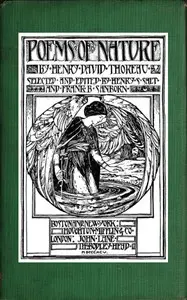"Old Fashioned Flowers, and other out-of-door studies" by Maurice Maeterlinck is a set of thoughtful essays that consider the charm and importance of flowers from around the start of the 1900s. It talks about how people connect with flowers and how they help us understand beauty, love, and joy. Maeterlinck uses creative writing to honor the plain, less fancy, flowers that people have always loved. The book is split into parts like "Old-Fashioned Flowers," "News of Spring," "Field Flowers," and "Chrysanthemums," each looking at different sides of flowers and where they grow. Maeterlinck is sad that old flowers are being forgotten because of newer, more unusual ones, and he wants us to value the simple and old kinds again. He gives lively details of different flowers, using strong descriptions to share their smells and colors, as well as thinking about their past and how they make us feel. He uses flowers to talk about nature, beauty, and time passing, implying that flowers do more than just look pretty; they also feed our feelings and spirits..
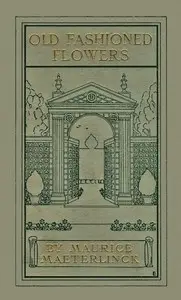
Old Fashioned Flowers, and other out-of-door studies
By Maurice Maeterlinck
Explore the forgotten beauty of simple blossoms and how they nourish the human spirit, offering a window into nature's timeless lessons.
Summary
About the AuthorMaurice Polydore Marie Bernard Maeterlinck, also known as Count/Comte Maeterlinck from 1932, was a Belgian playwright, poet, and essayist who was Flemish but wrote in French. He was awarded the Nobel Prize in Literature in 1911 "in appreciation of his many-sided literary activities, and especially of his dramatic works, which are distinguished by a wealth of imagination and by a poetic fancy, which reveals, sometimes in the guise of a fairy tale, a deep inspiration, while in a mysterious way they appeal to the readers' own feelings and stimulate their imaginations". The main themes in his work are death and the meaning of life. He was a leading member of La Jeune Belgique group, and his plays form an important part of the Symbolist movement. In later life, Maeterlinck faced credible accusations of plagiarism.
Maurice Polydore Marie Bernard Maeterlinck, also known as Count/Comte Maeterlinck from 1932, was a Belgian playwright, poet, and essayist who was Flemish but wrote in French. He was awarded the Nobel Prize in Literature in 1911 "in appreciation of his many-sided literary activities, and especially of his dramatic works, which are distinguished by a wealth of imagination and by a poetic fancy, which reveals, sometimes in the guise of a fairy tale, a deep inspiration, while in a mysterious way they appeal to the readers' own feelings and stimulate their imaginations". The main themes in his work are death and the meaning of life. He was a leading member of La Jeune Belgique group, and his plays form an important part of the Symbolist movement. In later life, Maeterlinck faced credible accusations of plagiarism.

